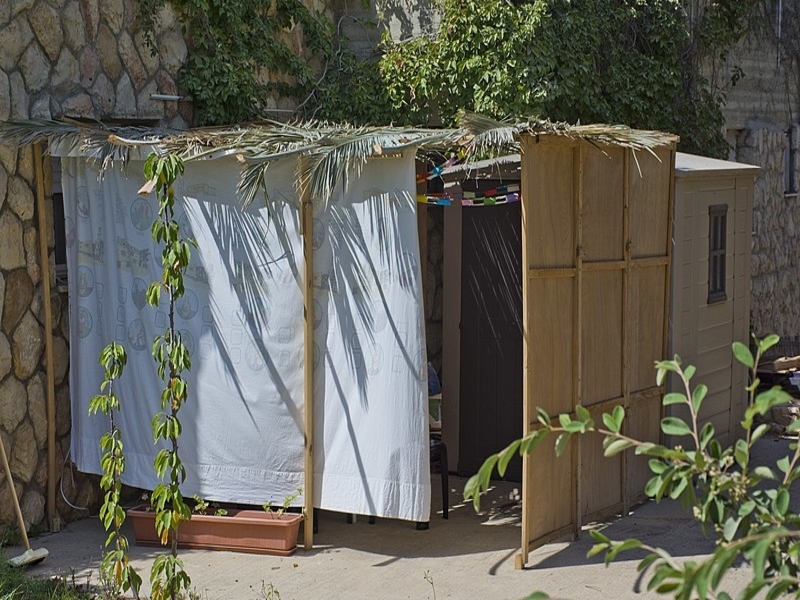The Festival of Sukkot begins onTishrei 15, the fifth day after Yom Kippur. It is commonly referred to in Jewish prayer and literature as Z’man Simchateinu, the Season of our Rejoicing.
Morning services at Lake Park Synagogue will begin at 9:15 AM on Saturday, September 30, and Sunday, October 1.
Sukkot is the last of the three pilgrimage festivals). Like Pesakh and Shavu’ot, Sukkot has a dual significance: historical and agricultural. Historically, Sukkot commemorates the 40-year period during which the children of Israel were wandering in the desert, living in temporary shelters. Agriculturally, Sukkot is a harvest festival and is sometimes referred to as Chag Ha-Asif, the Festival of Ingathering.
The word “Sukkot” means “booths,” and refers to the temporary dwellings that we are commanded to live in during this holiday in memory of the period of wandering.
Sukkot lasts for seven days. It is instituted in Leviticus 23:33 and elsewhere. No work is permitted on the first and second days of the holiday. Work is permitted on the remaining days. These intermediate days on which work is permitted are referred to as Chol Ha-Mo’ed, as are the intermediate days of Pesakh.
